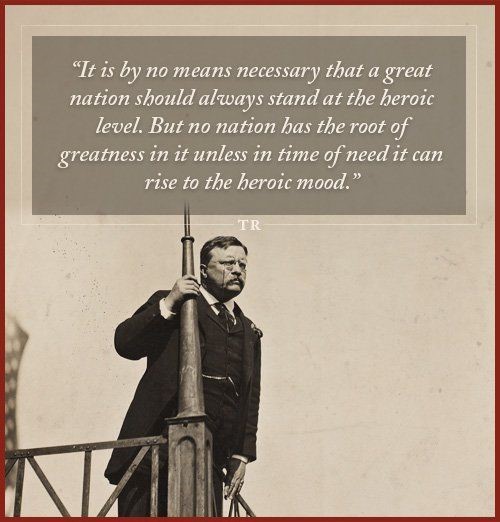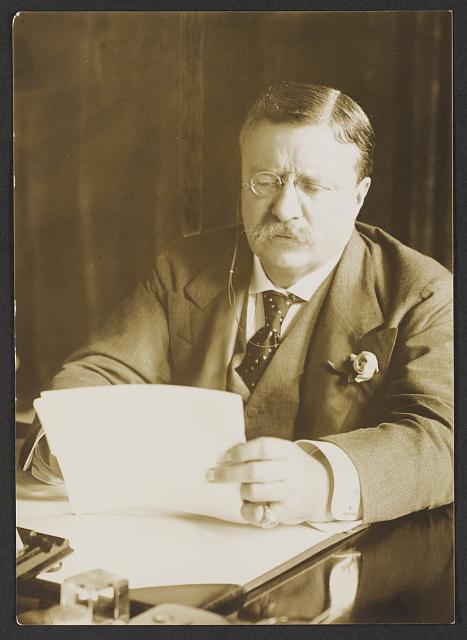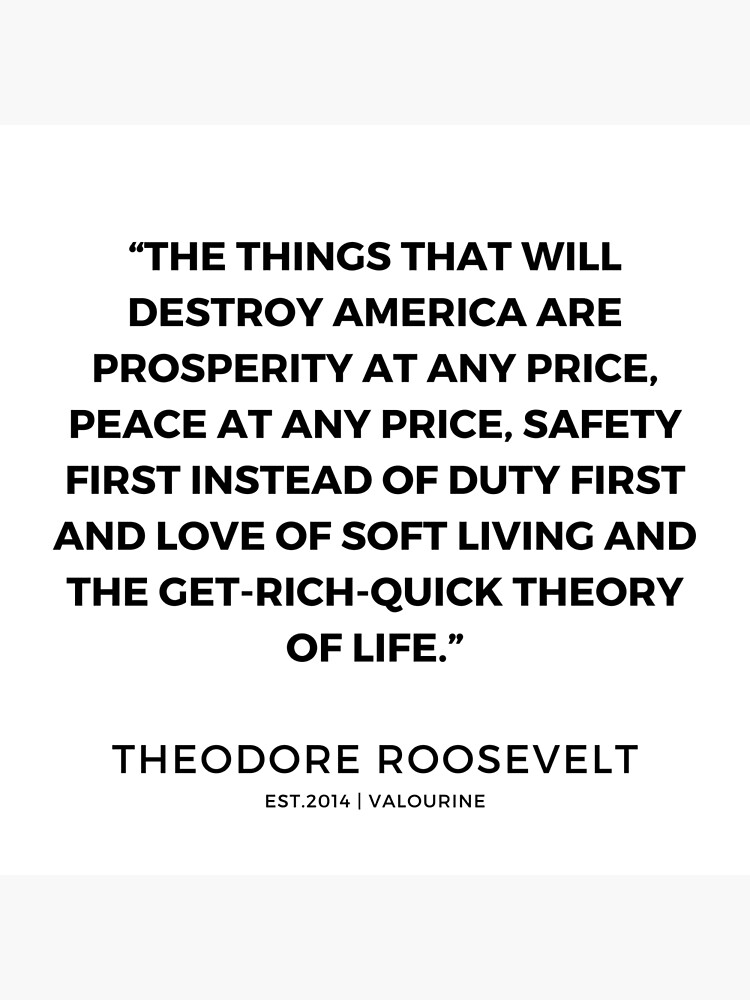By 1950, America was astride the world in political and economic influence and unified at home behind a strong federal government that led the fight against fascism and communism. The political culture arising from World War II and the beginning of the Cold War rested on a pride in American values and a willingness to sacrifice for the country in the form of the military draft and the continuation of high wartime tax rates. This commitment to a nationalist pride and a strong federal government in the tradition of Theodore Roosevelt continued past his cousin Franklin’s presidency and into the Eisenhower administration.
However, there was a dark side to this collective unity. This was the era of the organization man, who subjugated his own dreams to the goals of a faceless corporate machine. Meanwhile, a people whose presence in America predated many more recent immigrants by centuries were still mired in legal and economic second-class citizenship. The Supreme Court’s decision in Brown v. Board of Education marked the beginning of a long struggle to end this discrimination. Legal segregation would not end until the end of the 1960s. Economic integration proved to be much more difficult and practically required a collective societal commitment to rival that of World War II. However, at a time when a national call to a moral equivalent of war necessary, an unrelated movement arose that sapped our ability to achieve such unity.
Ayn Rand and the Rise of Objectivism
In 1957, a Russian emigre to the United States named Ayn Rand published the book “Atlas Shrugged”, which tells the story of a brilliant engineer forced to give up his labor and genius for society and the state. In the chapter “This is John Galt”, Rand set forth the premises of her philosophy of Objectivism, which posited a radical form of libertarian individualism. To Rand, man’s highest responsibility was to think for himself and the achievement his own happiness was his highest moral purpose. He owed no moral obligation to others or to society. and existed for his own sake. The only purpose of government was to protect these rights from infringement by physical force, the worst form of which was governmental force and regulation. In the Objectivist world, the thinker, inventor and industrialist was the highest form of being. Those who were less intelligent or simply performed labor for others were considered inferior. With barely veiled contempt, Rand said,” The man at the bottom who, left to himself, would starve in his hopeless ineptitude, contributes nothing to those above him, but receives the bonus of all their brains”.
Objectivism stood in sharp contrast to the sense of national sacrifice and unity necessary to achieve the victory of World War II. It heralded the rise of the celebrity athlete and CEO, whose right to market power and exorbitant compensation would now be considered almost sacred. Moreover, it supported the idea that big business and monopolies were a positive good no matter what the secondary effects on family life or socioeconomic stability were. There was no question that the deadening sameness and self-satisfaction of post-war America needed to be challenged, but not by the rejection of any obligation to the broader society.
William F. Buckley and Conservative Economics
Meanwhile, in Connecticut, a wealthy intellectual named William F. Buckley, Jr., was developing a macro version of the new libertarianism for application to broader public policy issues. While Rand and Buckley knew of each other, Rand’s strident atheism clashed with Buckley’s devout Catholicism. Buckley’s conservatism was motivated mainly by a traditionalism that, as he wrote in the premiere edition of his magazine The National Review, “stands athwart history, yelling Stop, at a time when no one is inclined to do so.” Like Rand, he promoted an economic libertarianism that opposed government social programs and business regulation while sharing Rand’s strong anti-Communism. While Buckley opposed racial segregation, he was a supporter of Sen. Barry Goldwater’s presidential candidacy, whose libertarianism was highjacked by Southern segregationists and would eventually overcome the federal nationalism of Theodore Roosevelt in the Republican Party.
The Divisive Effects
The new libertarianism of Rand and Buckley would be used to justify extremes they would condemn, such as the hippie philosophy of “If it feels good, do it” and the opposition to desegregation based on states rights. However, the Pandora’s box had been opened, and the damage was done to the American community spirit and its ability to rise to the heroic mood necessary to solve national challenges. Americans turned inward to their own interests – the “bowling alone” society. The integration of African -Americans slowed to a crawl as the manufacturing jobs that had propelled white immigrants to success disappeared. It became almost impossible to focus national attention on the need to re-tool education and manufacturing to meet the European and Asian competition. Instead, a new belief in the wisdom of free trade made the resulting socioeconomic dislocation appear inevitable and even desirable. While the technology and information revolutions revived American opportunity and dominance for several decades, intellectual property proved to be hard to protect from theft by other countries. The ultimate expression of this “get rich quick” economic libertarianism was the decision to admit China to the World Trade Organization despite its mercantilist practices. American companies flocked there to take advantage of cheap labor, which further eviscerated American manufacturing. At the same time, it handed over much of American intellectual property to Chinese control simply for the short-term profit opportunities.
In the end, the exaltation of individual rights and denigration of community made it more difficult to rally the nation to sacrifice even in the face of threats like the COVID pandemic. American society atomized into internally isolated individuals encouraged to compete for personal advantage rather than cooperate to overcome adversity. The resulting division made it difficult to confront the rising nationalist unity in Russia, China and much of the Global South. Then, instead of defending American nationalist unity and community spirit, progressives chose to make the division worse by encouraging a series of distinct group unities transcending borders, and then pitting them against their fellow Americans.



